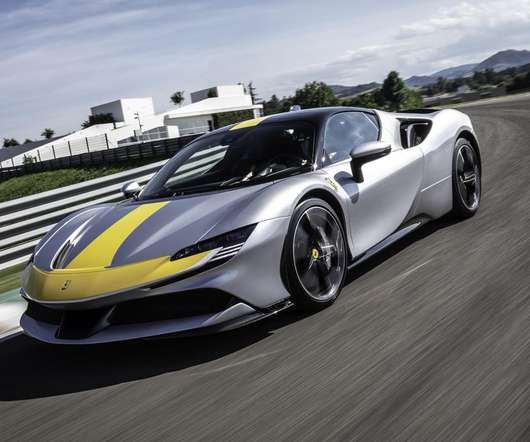U Toronto team assess the climate trade-off between reduced CO2 and increased Black Carbon from GDI engines
Green Car Congress
JULY 14, 2016
The upside of gasoline direct injection (GDI) engines is widely seen as being improved fuel economy coupled with an increase in specific power (especially with turbocharging), enabling significant downsizing. A new study by a team at the University of Toronto has made a preliminary assessment of the climate trade-off (i.e., 6b01800.

















Let's personalize your content